Here’s an honest look at the challenges of caring for an elderly parent and 6 things to make the process of being a caregiver a little bit easier.
It is incredible to me how one blink-of-an-eye moment can drastically impact your life. Since our car accident two weeks ago we have found ourselves dealing daily with the aftermath. Beyond the physical pain, there have been claims to file, insurance adjusters to talk to, paperwork to fill out, statements to make, prescriptions to fill, doctor visits to attend, and many, many conversations with our girls about what happened. My husband has led the charge, navigating this sometimes sticky process with wisdom and kindness and compassion. He is taking care of his girls, and we are all recovering well.
While my disability at this point is pretty minor, it has reminded me once again of just how taxing the role of caregiver can be. A few years ago, when our youngest daughter Annie was just five months old, my elderly mother-in-law Marie came to live with us because she was no longer able to live on her own. Already mired in the day-to-day chaos of caring for a colicky infant and an active toddler, we were woefully unprepared for this phenomenon called “Sandwich Years,” a time where you have both children and parents to care for.
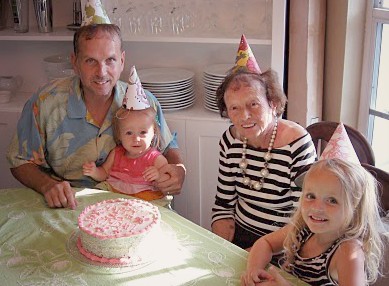
Hindsight is 20/20, but looking back, I truly wish we would’ve been a little more prepared for the challenges of being a full-time caregiver. I loved my mother-in-law and desperately wanted her to be a part of my children’s life. I wanted them to grow up knowing her and having a close relationship. I thought that the benefits of having her live with us would far outweigh any detriments. There was so much we didn’t know, so much I wish someone with more experience could have had told us.
6 Things No One Told Us About Being a Caregiver
If I could do it again, these are the six things I most wish I would’ve known:
You will have to make hard choices
We didn’t realize, going into it, how many difficult choices would come up. There were an endless slew of medical decisions, financial decisions, and quality of life decisions that constantly needed to be made. Sometimes what Marie wanted to do was at odds with what everyone else wanted her to do; sometimes we were unable to sway her towards a decision we knew was best, causing frustration and resentment. There were many times we couldn’t convince her to make a decision at all.
I truly wish we would’ve had the forethought to sit down with Marie ahead of time, before it was too late, and address some of the end-of-life issues that are so hard to talk about. I wish we would’ve been brave enough to have that conversation. I wish we would’ve been able to agree on a plan of action, to determine what our priorities were and to find out, from the options that were available, what she really wanted most of all. I wish we would’ve had medical directives in place from the get-go, along with power of attorney for both financial and medical matters. We did get them in place eventually, but not before we caused ourselves a lot of undue heartache.
Being a caregiver to an elderly parent is nothing like having another kid
Sometimes kind-hearted people, in an effort to be sympathetic, would say, “wow, caring for your mother must be like having a third child.” We would smile and nod in agreement because, really, what else can you do when someone is trying to be nice? But the truth was that having an an elderly adult to care for was nothing like having a toddler. My mother-in-law had lived a whole life before I was even born. She was set in her ways–and rightfully so.
She was extremely hard of hearing, which meant communication could be frustrating and difficult and LOUD, but she was still capable of having an adult conversation. She had adult feelings too, which meant if we simply went about our daily routine without engaging her–because engaging her took a lot of effort and yelling that I didn’t always have the energy or patience for-she would feel neglected and ignored. Because she didn’t hear well she was often separated by a wall of silence, even while in the same room. This often prevented her from being a part of our normal family life and dialogue. She required care, but a totally different type of care, managing medications, arranging doctor’s visits, trying to convince her to try a hearing aid, and helping her maneuver around the house.
Caregiving can be embarrassing and uncomfortable
There were sometimes moments in the course of the day that made us cringe, moments related to a loss of modesty and increasing difficulty with bodily functions. We had always loved to entertain, but because we couldn’t predict how or when those embarrassing moments would happen, we stopped inviting people over. In retrospect, perhaps we should’ve been a little more laid back, realizing that those things happen, but at the time it just felt….weird. Having someone live in your house sometimes means seeing and hearing more than you ever wanted to.
Your relationships will be strained
Caregiving is often a thankless job, and the effects of that can cause a serious strain on all your relationships. During that time Chuck and I were often stretched to the max, and with no one else to take it out on, we lashed out at each other. We were more easily frustrated with our kids, and often frustrated with Marie as well. There were times where she seemed equally sick of us, and especially of the kids. I had hoped for a closer relationship, but I forgot that sometimes grandparents need a little space from the constant neediness of kids. Frankly, we all needed a little space from each other sometimes, and often there was just no place to go.
Our outside relationships were strained as well. We were frustrated and resentful of family members who had no idea what we were going through. Most of our friends just couldn’t relate to our stage of life, and one by one they disappeared too. Had we known better, we would’ve joined a support group of other caregivers, but I think maybe at the time we were too proud & stubborn to admit we couldn’t handle it all on our own.
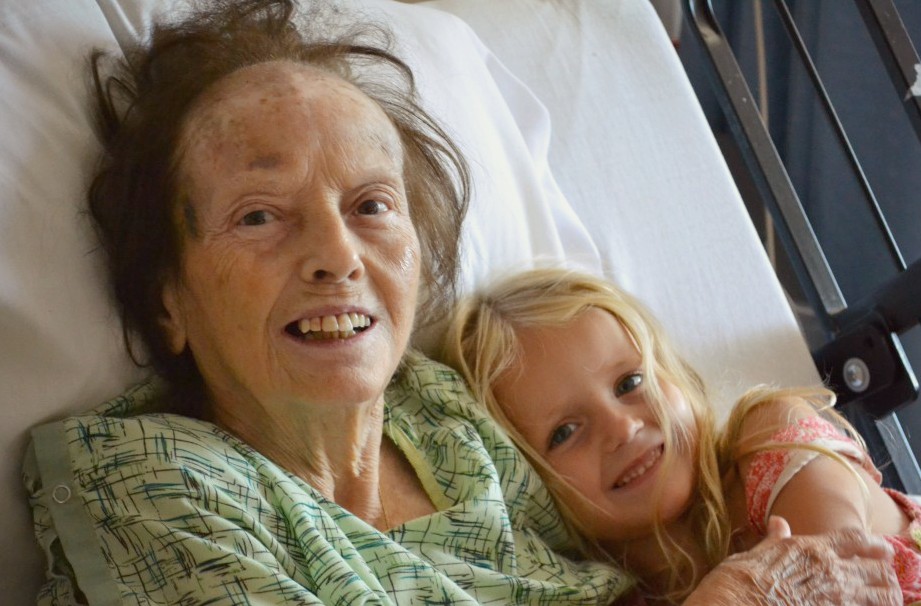
A doctor’s job is to worry about prolonging life, not quality of life
That is an important distinction to remember, and one that didn’t occur to us until it was too late. Don’t get me wrong, all the doctors who helped care for my mother-in-law were kind and compassionate, and truly concerned for her well-being. But their first concern was always dealing with the physical concerns that would prolong her life as long as possible–managing her blood pressure and her kidneys and her diabetes. It meant lots and lots of pills and tests and doctor’s visits, and then later, after she had a bad fall and ended up in the hospital, even more extraordinary measures to get her “well” again.
Had we the chance to do it over, I think we would’ve looked at the situation much differently. Our primary concern would’ve been making her final years and months as enjoyable and comfortable as possible, without worrying so much about prolonging her life as long as we could. At the very least, we would’ve realized that our job as caregivers was to advocate for quality of life, knowing that the doctors were approaching her care from a different perspective.
You will need a break
After living with us for seven months, my mother-in-law decided on her own that she would like to move to a nearby assisted living facility. It wasn’t until someone else was sharing the responsibility for her care that we realized how much we had needed the break. Being a full time caregiver is at times difficult and stressful, especially when you add kids and the rest of life’s demands into the mix. Sometimes in the midst of the daily grind it is hard to see the forest through the trees, but had we known how desperately we needed to give ourselves a break, perhaps we would’ve tried a little harder to find respite care.
Looking back, I now realize we entered our caregiving situation with a blind naivety that ended up causing problems that may have been avoidable. I am so very thankful that we managed to resolve them, and that we were able to maintain a close and loving relationship with my very dear mother-in-law to the very end. I am also so grateful that she was once again able to enjoy spending time with her granddaughters. She was a wonderful woman with an amazing heart, and I still miss her a lot.
To recap, here are the 6 things that no one told us about being a caregiver:
- You will have to make hard choices
- Being a caregiver to an elderly parent is nothing like having another kid
- Caregiving can be embarrassing and uncomfortable
- Your relationships will be strained
- A doctor’s job is to worry about prolonging life, not quality of life
- You will need a break
My hope is that sharing our experience–and the lessons we learned–might help those of you who are caregiving now, or will be in the future.
Other helpful resources:
- Yes, You CAN Get Rid of That! How to Declutter Without Feeling Guilty
- 48 Life Skills Everyone Should Learn
- How to Raise Grateful Kids in a Self-Centered World
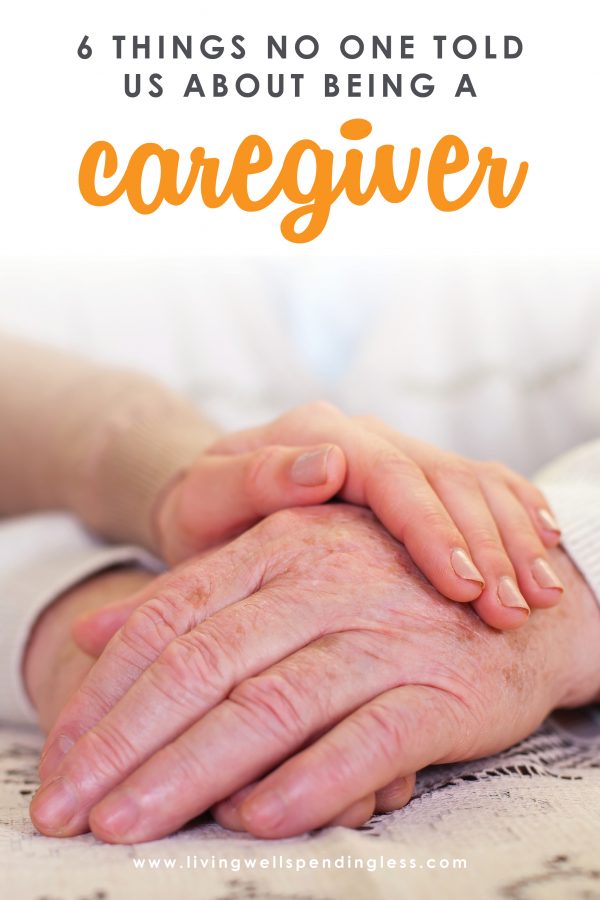
TAKE BACK CONTROL OF YOUR HOME LIFE
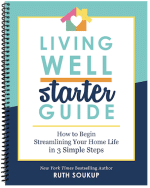 Ever feel like you just can't keep up? Our Living Well Starter Guide will show you how to start streamlining your life in just 3 simple steps. It's a game changer--get it free for a limited time!
Ever feel like you just can't keep up? Our Living Well Starter Guide will show you how to start streamlining your life in just 3 simple steps. It's a game changer--get it free for a limited time!
If you love this resource, be sure to check out our digital library of helpful tools and resources for cleaning faster, taking control of your budget, organizing your schedule, and getting food on the table easier than ever before.

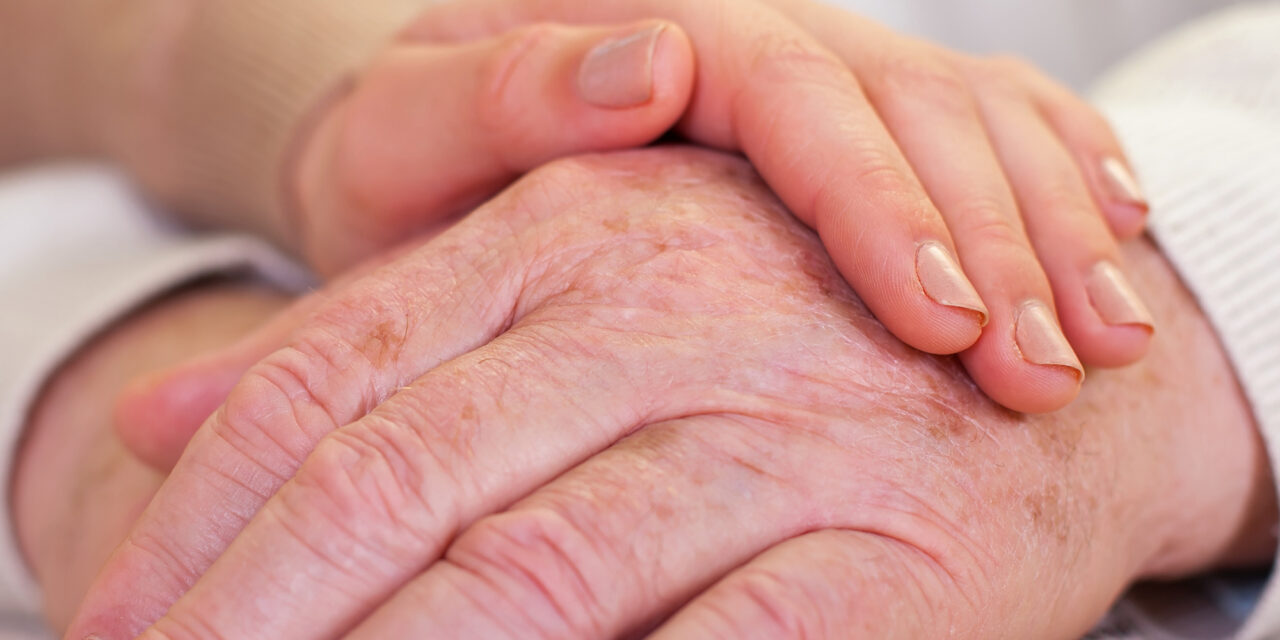
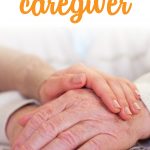
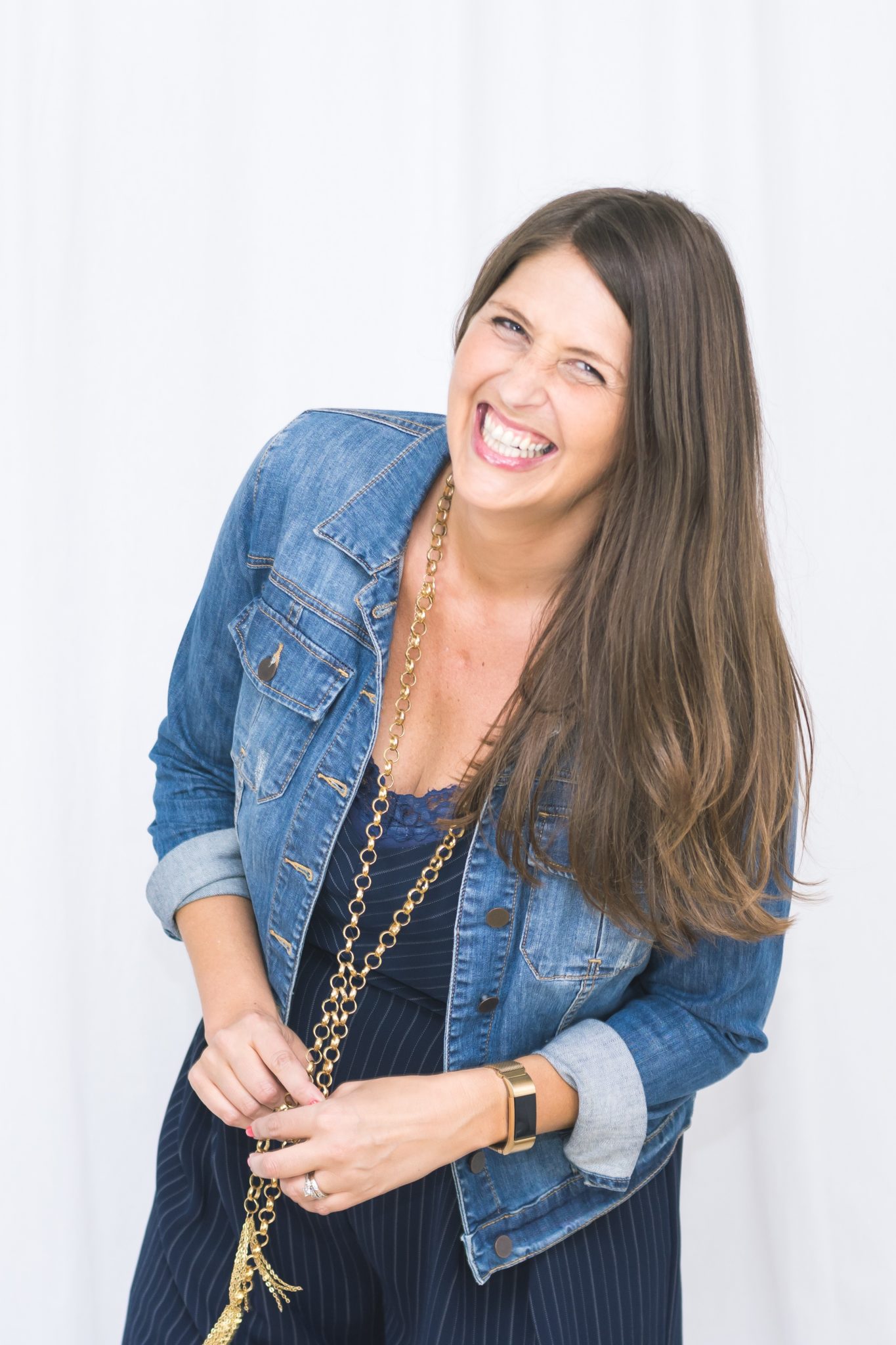


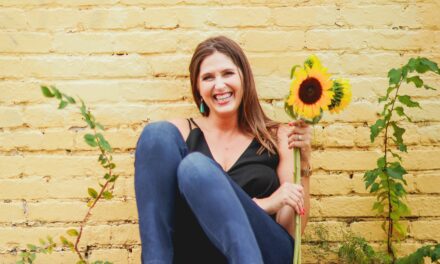

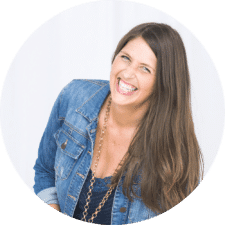
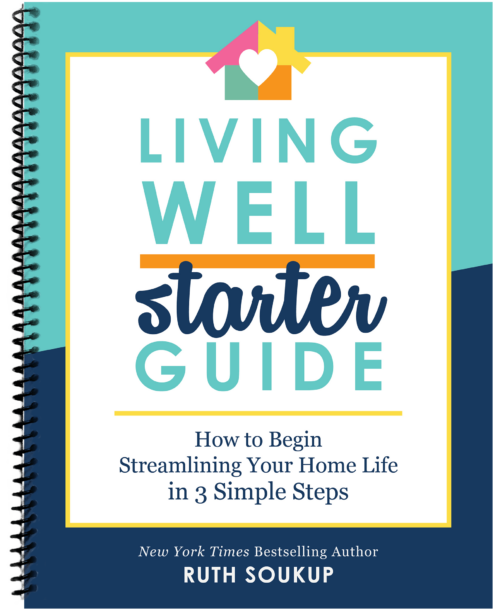

This was a really good post. My Grandma lived with my Mom and Dad for three years before she moved to an assisted living facility. Being a caregiver is in incredibly difficult and I don’t think you know about what those unique challenges are until you are doing it. I was my parents back up so that they could go on vacation while I would stay with Grandma and my youngers siblings. I’m the oldest of 8 and so 5 of them still lived at home. My husband and me with my two daughters would move in for two weeks. I was glad to give my parents a break cause they really needed it so badly but I was ready to go back home when they came back. Being a caregiver is an amazing thing and I wish people who know people who are caring for elderly parents or grandparents would give more help and understanding to those who are in the thick of it.
God Bless all of you who have cared.
My daughter had a kidney transplant. The doctor dropped the kidney on the floor, but put it in her anyway. This is something we learned about later and when contacting lawyers, all the evidence had been “misplaced”. My husband(her stepfather) and I lived out of state, but came to live with her and her husband(she had no children). Her husband was still working so we took care of her. Taking her to numerous office visits, hospital stays, therapy visits in home and at sites, caring for the medicines (20 to 30 a day most times), cooking, cleaning, etc. We watched as she became more and more incapable of doing the most elementary things. She never got free from infections, her eyes sometimes seemed so vacant. My heart broke. She had other family members, but seldom did anyone help or visit. We would have liked to have someone come for an hour or so to get out for a spell, but other than her father coming once in awhile when asked and an occasional visit from others, no one came by. It would have been so good for her to have people stop by for a few minutes, it would have brightened her day so much. People are complicated, because at the service we held for her the room was packed and some had to stand outside to hear. She touched so many lives, yet hardly anyone came by. I have a really hard time understanding this. She was my daughter, friend, confidant, I love her so much. We did not want her in a nursing home as I have seen what goes on there as my mother(for a short time, then I put her in hospice) and my husbands mother were in one. All this to say, you could have something happen to one of your children or someone younger and not have measures settled as to what they would like. Fortunately we were able to stay with her most of the time; except a few days here and there where we had to go tend to matters at our home out of state; until she passed away.
My husband and I were so tired, it is a very stressful, sad, sometimes hopeless feeling to care for a loved one. It breaks you heart to see your child sick and you can’t help them or make them well. Support is of the UTMOST importance. If I had not had my husband there for me it would have been so much harder. At that time we were in our early 70’s and God provided us with the health we needed to care for her. She was such a joy and her giggle still resonates in my heart. So no matter how much you love someone, it is a very difficult situation to handle. Our short times away renewed our ability to care for her. It is so important to care for yourselves, then you can better care for your loved one…Thank you for sharing Ruth and thank you for providing a place for me to share…this is the first time I have done so, and I know I rambled, please forgive me of that. She passed away over 2 yrs ago and yet it seems like just yesterday sometimes. I still miss her so.
Dear Shirley,
I am so sorry for your loss. Many of us caregivers have felt the vacuum as friends and family disappear when you need them most.. And it tiring to ask and even worse to be denied. As you so succinctly said, people are complicated. I think oftentimes people don’t want to admit the truth to themselves or sometimes are weak and just don’t want to do difficult things.
I can not imagine what a blow it was to lose your daughter.
Wishing you strength and perseverance, and eventually peace and happiness, as undoubtedly your daughter would so want for you.
Good luck to you and your husband,
Sam
My 79 yr old Dad lives with me and it amazes me how is is actually healthier than me but I really see so many changes and it scares me this isn’t the Dad I know. My Dad raised us on a 500 acre dairy farm and he worked nights at Ford Motor Co. To give us the best, he is a tall 6’4″ man strong as an ox . He really is slowing down and it scares me, he moved in with me four years ago after my son passed and some days I ask myself “What was I thinking”? Some days I wouldn’t have it any other way! It really is tough but so worth it. Fortunatly we talk about everything and have everything covered for when certain thing arise. Love this thank you for writing it.
Thank you so much for this timely article. I am one of 4 children to my parents. The only girl and the youngest!
My mother is almost 92 and still lives on her own for the most part, but most of the caregiving does fall in my lap. My older brothers are very involved, but the personal care falls to me. I don’t have any children, but I am still working full time outside the home. All my brothers are retired as they are a bit older than me. It’s hard to be a caregiver. Mom is struggling to give up some of the independence she has been holding on to. Her memory is failing and we don’t have the resources to put her in a nursing home or assisted living. My father passed away suddenly 11 years ago. I am glad that I live very close by and can help her, but it is becoming increasingly difficult each day My heart and prayers go out to those with children in the home, I understand the pressure.
Thank you so much for sharing. This was exactly what I needed to hear tonight – so encouraging. My grandfather, 93, moved in with us when I had a 4 month old and a 18 month old…and a husband in seminary. Thank you for sharing your hindsight and wisdom gained.
I wish that caring for my mother was that easy. She is going to be 81 this month and has been in our care for 10 years without a break. She is a colon cancer survivor, but has a bag that she has to wear for waste for the rest of her life. She also suffered from Alzheimer’s for the past 14 years. We would love to be able to put her in a facility but she does not have the resources for and the rest of the family does not want her in one yet. It is very exhausting. Thank goodness that our son still lives at home so that we can get our shopping done without having to take her with us. It gives us time alone. There is a lot more to this but it is hard for others to understand how had it is to take care of an elder parent. God bless.